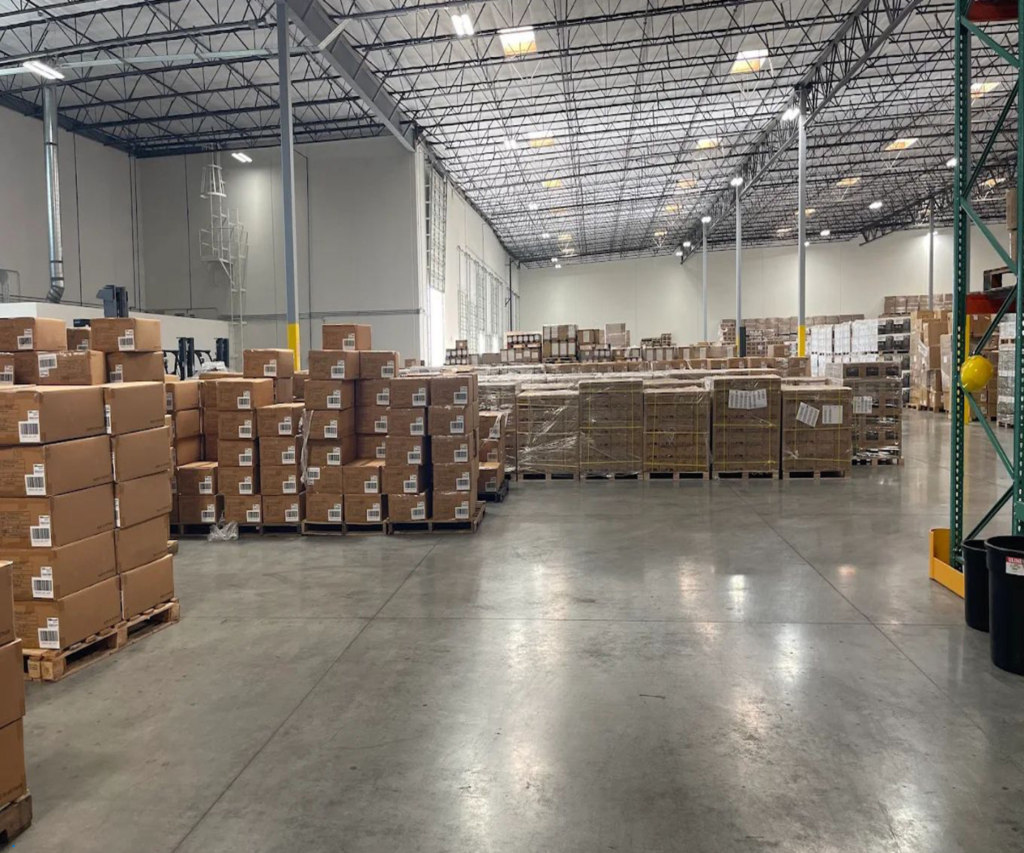As B2B ecommerce specialists, we frequently meet business leaders who have previously struggled to make selling their products online work for them, or they have put off trying due to how embedded their traditional sales methods are.
Receiving orders via catalogues, sales reps and trade outlets is still very much standard practice, yet many B2B companies are keen to move their customers online, known as customer digitalisation.
The benefits of customer digitalisation are huge and include sales and revenue growth, improved efficiency, processing, and reporting, and a better customer experience that gives companies a competitive edge.
However, the nature of the traditional B2B industry means it faces a specific set of challenges when it comes to customer digitalisation. Whilst the customers ultimately want the same ease of buying that they are used to when making purchases in their personal life, they also need to be able to access the custom pricing that they have negotiated with the supplier for the products they are buying.
As a result, some B2B businesses, such as suppliers, wholesalers and distributors, have pricing structures that are very detailed. For example they may have a different price for every product for each customer. This is very complex and results in hundreds of thousands, if not millions, of price records. The challenge of being able to store these price records, and deliver them to customers in an accurate and fast time, can be a big hurdle and a showstopper for B2B businesses to transition more of their clients online, as ultimately, customers won’t order if they can’t access their correct prices.
Overcoming the challenge of intricate pricing
Whilst pricing is an intricate area for B2B companies when moving their customers online, as technical director at Fluid Commerce, I don’t believe it should be a barrier to customer digitalisation and all the benefits it brings.
At Fluid Commerce we have developed and upgraded numerous B2B ecommerce websites on Magento and Adobe Commerce that have complex pricing structures. One example is Cablecraft, a leading global supplier of cable products to the B2B market. The Cablecraft ecommerce site needed to be able to support the fact that the company has different prices for every product for every company they supply to. The result was more than 330 million price variations. To ensure Cablecraft could deliver these price variations to their customers, Fluid Commerce created a custom approach to how the product prices are stored in the database. These get imported from the ERP system when a company user logs into the website, ensuring the prices are always up to date. We also improved the price indexing in Adobe Commerce to ensure that core functionality, such as catalog price rules and tiered pricing could still be used.
The technologies we use allow custom prices to be set on B2B ecommerce websites for individual companies on a per product basis, allowing for more personalised and flexible pricing strategies. This is exactly what our clients’ customers want and it means there is no reason why they need to cling on to the old, and inefficient, ways of ordering through catalogues.
We are also able to ensure sites launched via the Fluid Commerce B2B accelerator Portal can support complex pricing structures. We have developed a bespoke pricing module for Portal that can be added on to ensure customers are getting the right prices, even when the ecommerce website has been deployed rapidly.
The custom customer pricing module available for websites developed via Portal gives our clients exactly what they need. All customer prices can be managed through the admin area, or if the client has an ERP (enterprise resource planning) software system, we can do a custom integration to import these prices.
Fluid Commerce can help with pricing structure challenges
For any B2B companies who are concerned that their pricing structures are too big a barrier to digitalising their customers, the technology we have access to at Fluid Commerce means that is simply not the case. We’d be happy to talk through what we are now able to achieve for businesses through our Portal solution and how we are helping to ensure that B2B customers get the service they need from your ecommerce website.
For help with developing or supporting your B2B ecommerce website, contact the Fluid Commerce team here.




